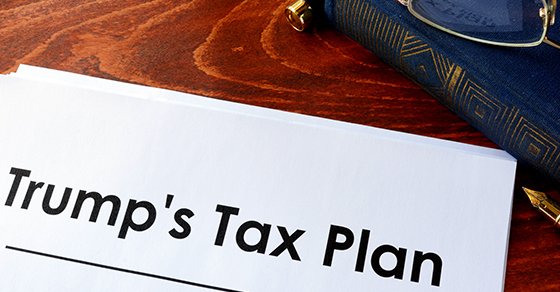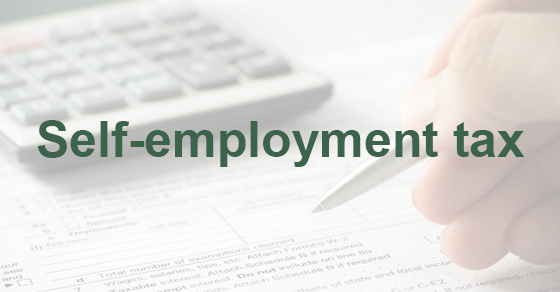How should C corporations tackle year-end tax planning amid uncertainty?
As the year end approaches, C corps should decide when and how to shift income and deductions between 2017 and 2018. Despite the uncertainty in tax reform proposals (nobody knows when a law might be enacted and what net effect the new rules may have), the best year-end tax planning strategy may be to follow the time-honored approach of deferring income to 2018 and accelerating deductions into this year to minimize 2017 taxes. Contact us for the best path forward in your situation.






